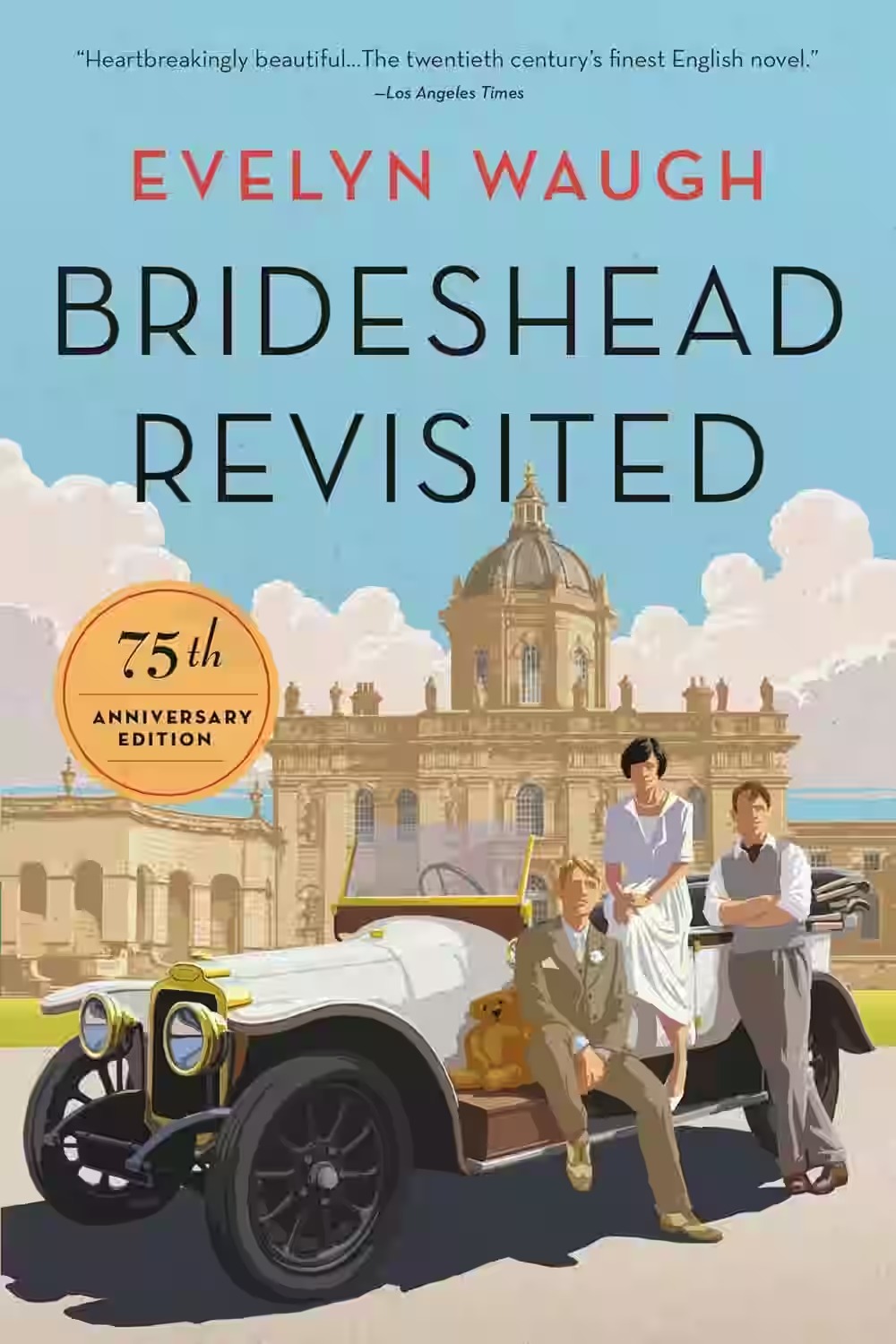Evelyn Waugh
Evelyn Waugh, born Arthur Evelyn St. John Waugh on October 28, 1903, in London, England, remains one of the greatest British satirical novelists of the 20th century. Educated at Hertford College, Oxford, Waugh initially envisioned a career in art before turning his attention to writing. His early works, such as 'Decline and Fall' (1928) and 'Vile Bodies' (1930), showcase his sharp wit and keen observations of English society. Waugh's most celebrated novel, 'Brideshead Revisited' (1945), explores themes of faith and nostalgia, earning him a lasting place in the literary canon. His ability to blend humor with poignant commentary continues to influence modern writers and captivate readers worldwide. Waugh's profound impact on literature is evident through his adept storytelling and his pioneering art of social satire, leaving an indelible mark on the narrative of 20th-century fiction.

Evelyn Waugh's 'Brideshead Revisited' masterfully captures the essence of nostalgia and the complexities of class and religion in early 20th-century England. The novel follows Charles Ryder, an artist and army officer, as he reflects on his youth and intricate relationship with the aristocratic Flyte family. At its core, it is a poignant exploration of faith, love, and memory, set against the backdrop of the opulent Brideshead Castle. Through Waugh's lyrical prose, the narrative scrutinizes the decline of the British aristocracy and the relentless march of modernity. With its richly drawn characters and a profound sense of loss, it remains a classic meditation on the passage of time and the enduring pull of the past.